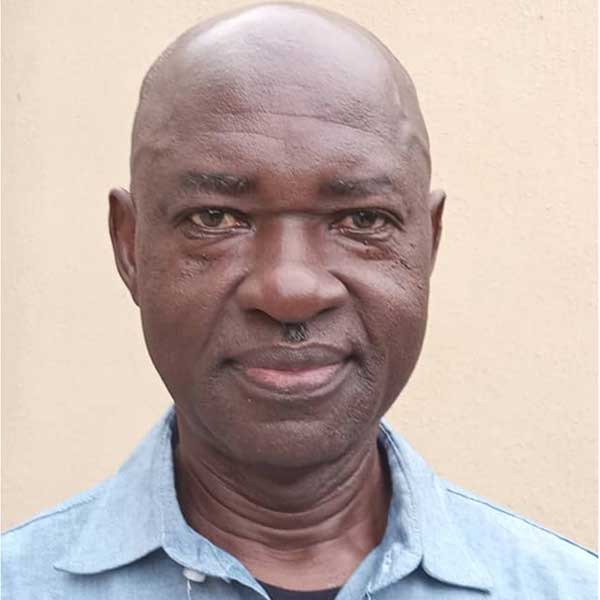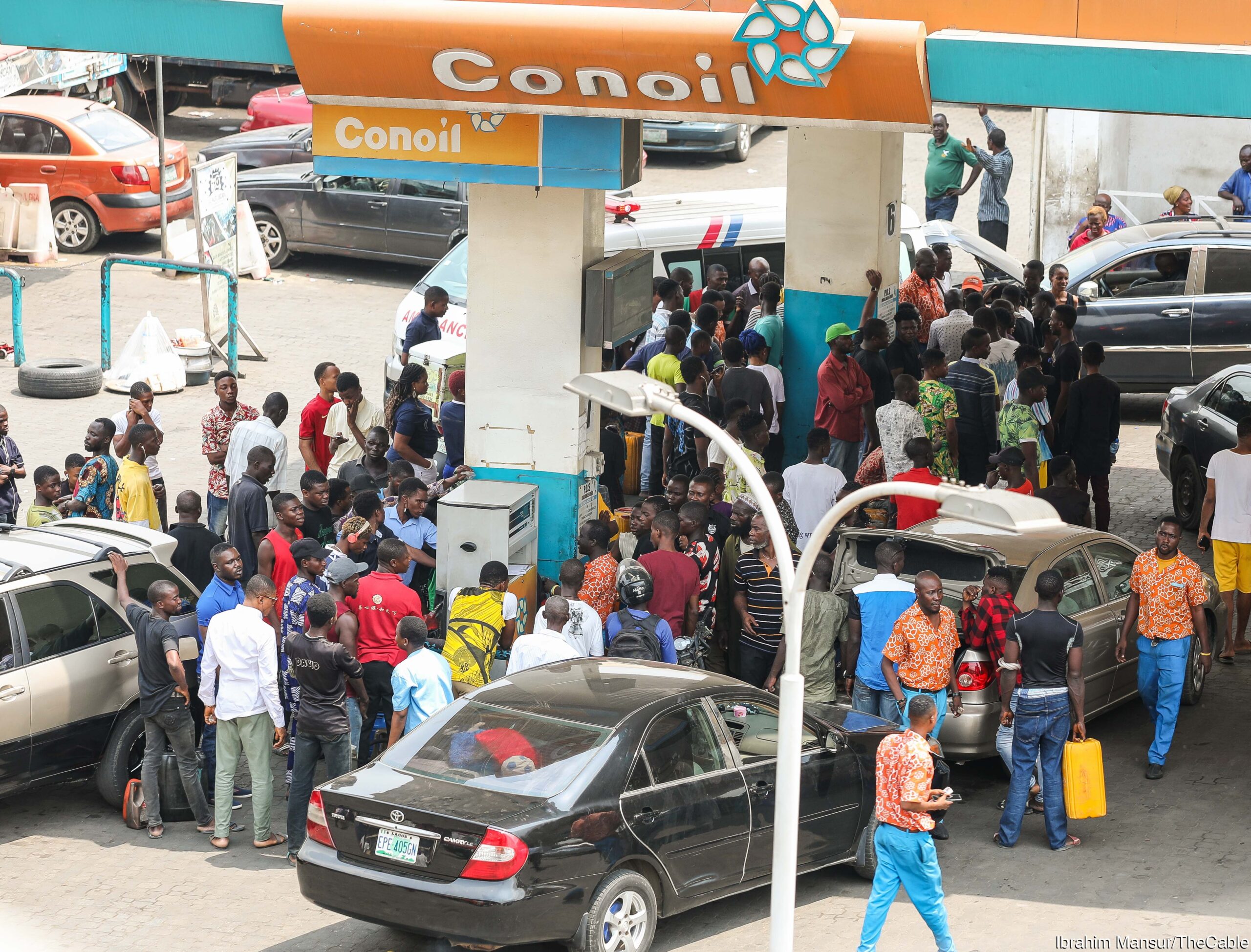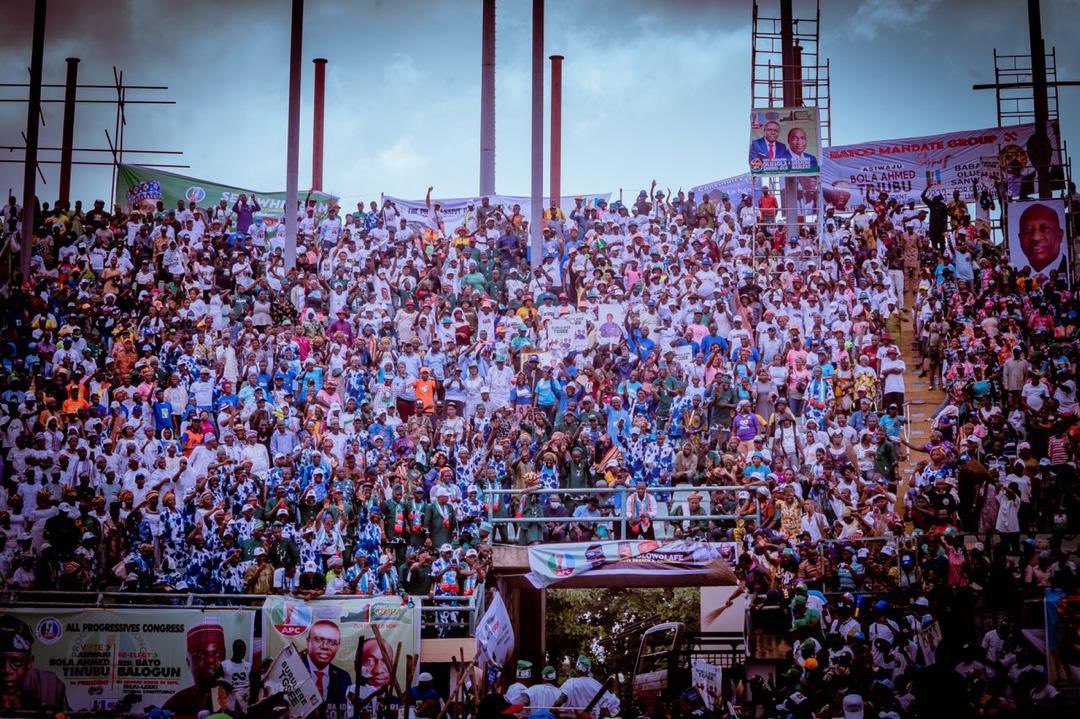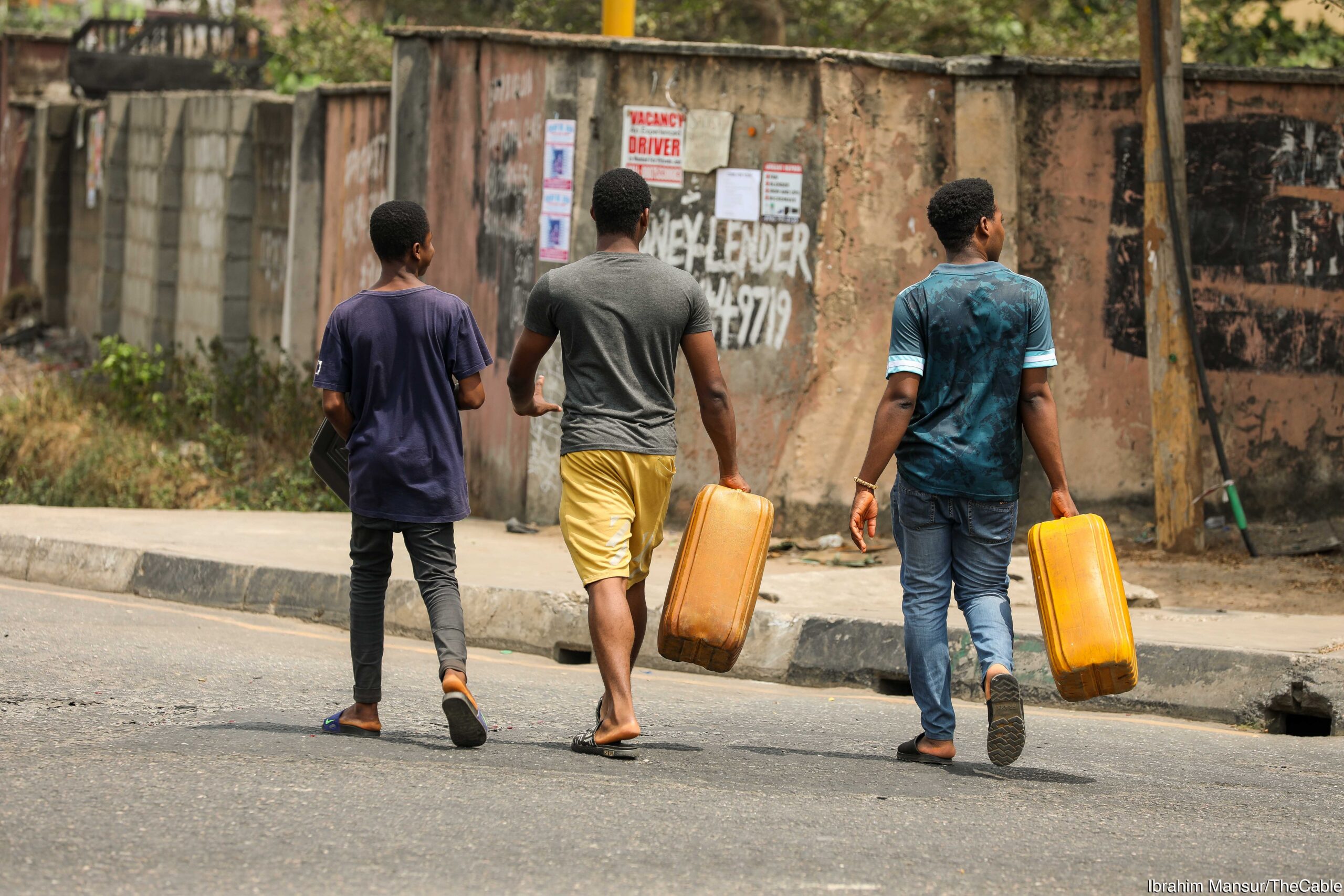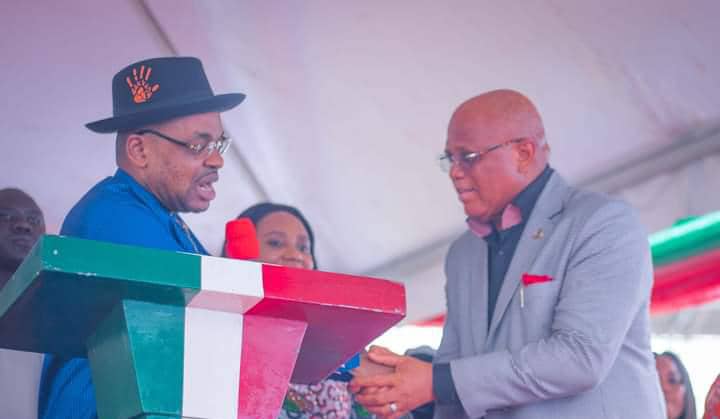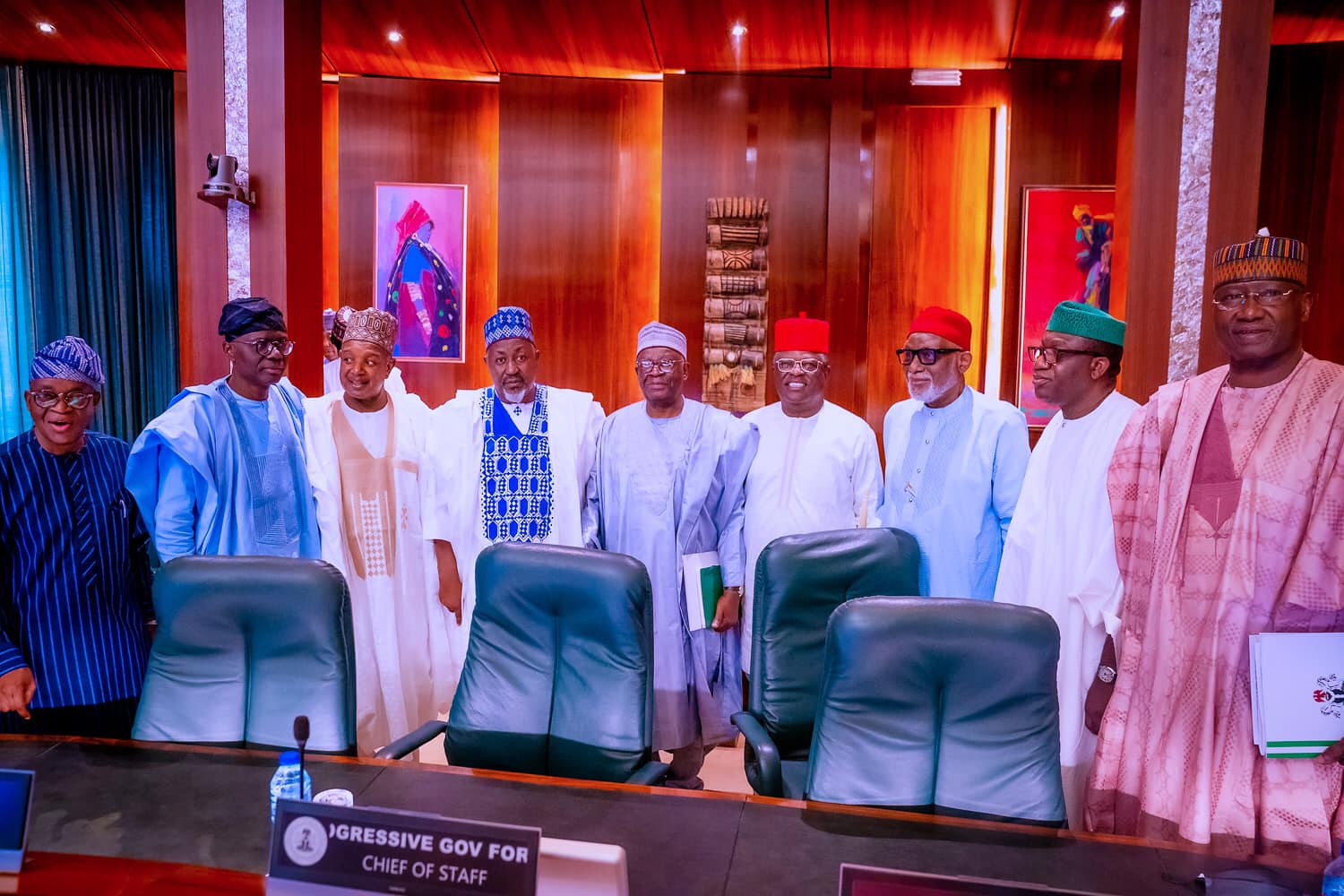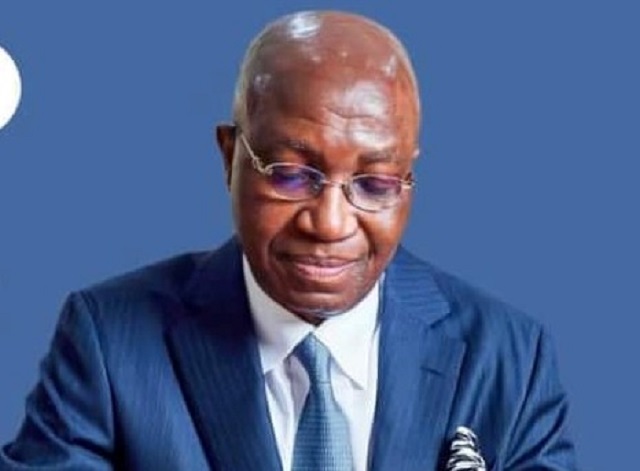The only thing the Minister of State for Petroleum Resources, Chief Timipre Sylva, did not say last week was to swear by ‘sango’, ‘sopona’ and ‘orunmila’. But he did put words together, through his media aide, to try to convince Nigerians that his boss, President Muhammadu Buhari who is also the Minister of Petroleum, did not endorse any hike in the prices of petroleum products, contrary to the rumours that fuelled the latest scarcity and the resultant long queues at filling stations across the country.
Sylva was both defensive and emphatic. According to him, “President Muhammadu Buhari has not approved any increase in the price of PMS or any other petroleum product for that matter. There is no reason for President Muhammadu Buhari to renege on his earlier promise not to approve any increase in the price of PMS at this time. Mr. President is sensitive to the plights of the ordinary Nigerian and has said repeatedly that he understands the challenges of the ordinary Nigerian and would not want to cause untold hardship for the electorate.
“Government will not approve any increase of PMS secretly without due consultations with the relevant stakeholders. The President has not directed the Nigerian Midstream and Downstream Petroleum Regulatory Authority (NMDPRA) or any agency for that matter to increase the price of fuel. This is not the time for any price increase in pump price of PMS. What is playing out is the handiwork of mischief makers and those planning to discredit the achievements of Mr. President in the oil and gas sector of the economy. I appeal to Nigerians to remain calm and law abiding as the government is working hard to bring normalcy to fuel supply and distribution in the country.”
Probably in response to that forceful denial, a Daily Times newspaper frontpage dated June 7, 1977 was pulled out of the archives and began to trend on the social media. “Fuel Crisis May Be Over Next Year,” the lead headline, sat on the photograph of a much younger Buhari who was the federal commissioner in charge of the sector at the time. Of course, the publication was made to go viral with the hope that the citizens would see that the more times change, the more things or, rather, their plights remain the same. As symbolic, ironic and indicting as the president’s perpetual presence on the petroleum platform is, tying the challenges of the industry solely around his neck would be unfair and missing the point. For, we are where we are today as, arguably, the only major producer of crude oil on earth with the worst supply profile of the refined products, mainly because various administrations have failed to get things right.
Advertisement
One other thing that makes Sylva’s intervention awkward is that there was a time in this same country when words from an ‘honourable’ minister could be taken as gospel truth, when the people could rely on the policy or operational pronouncements from government officials upon which to base their plans and hope for tomorrow. Not anymore, unfortunately.
Lo and behold, last Sunday, after buying petrol from a Nigerian National Petroleum Company outlet in Abuja at 194 naira per litre, up from 179, I knew at once that I would have to comment soon again on government’s insensitivity in the area of taking undue advantage of the failure of Nigerians to hold their leaders to account. Only last week on this page, I added my voice to the callous manner in which electricity tariffs are being hiked. An official statement from the Ministry of Power had shamelessly denied knowledge of the recent increase in electricity tariff. It’s better I don’t narrate the troubles that went into last weekend’s petrol purchase, a transaction that should ordinarily be taken for granted. Reports of the harrowing experiences of people as they forage for fuel are already being widely documented, distributed and transmitted via numerous media outlets. There is hardly any part of the country that is left out of this general drama of pain. The more worrying part is that the end is not even in sight.
This national embarrassment may well be on its way to becoming integrated into our psyche and culture unless drastic, sincere and holistic steps are taken to correct the current course. A quick look at the history of pump price increment. At the beginning of the present republic in 1999, one litre of petrol was 20 naira. After a process of rising and falling and rising again, President Olusegun Obasanjo left it in 2007 at 75 naira. The short-lived government of President Umaru Yar’adua actually ended with a reduction by 10 naira. President Goodluck Jonathan whose government witnessed some of the strongest oppositions to price hikes managed to leave petrol at 85 naira. The protests under him were so pronounced that fuel pricing and availability formed a major leg of Buhari’s electioneering campaigns. Now, the nation’s travails are there for everyone to see.
Advertisement
It’s impossible to discuss petrol shortages independent of the prices. Subsidy of the products has since assumed a life of its own in Nigeria. Allegations of massive frauds associated with it seem to be so difficult to prove or disprove that the people have decided that they are real. And, like many other components of our national life, the political will to frontally address the issues surrounding this critical aspect is clearly lacking. It is unfortunate that even without officially withdrawing it, prices have gone wild in many parts of the country, with some authorised marketers selling petrol as high as 400 naira per litre. Understandably, longer queues are found in places like Abuja and Lagos where some levels of regulation and monitoring still exist.
The trauma occasioned by this dilemma keeps announcing itself in the form of wasted manhours, prohibitive production costs, further pressures on scarce resources, heightened anger in the land, inflamed poverty proliferation, avoidable fire tragedies, costly transportation of people and goods with the ripple effects, rapidly vanishing trust in government, and lots more. Oil and gas jargon and analyses, as things stand, are increasingly meaningless especially to average Nigerians who have continued to bear the brunt of these vicissitudes, most of which are self-inflicted. Those who are quick to lay the blames for this situation on the Russia-Ukraine war that has negatively impacted energy supplies globally should remember that our own matters predate that. Successive governments and relevant agencies that have fallen short of instituting proven and sustainable structures and some private players, large and small, have consistently worked in concert to produce what we now have as a national monster and albatross. Sharp practices like bribery at depots and filling stations, deliberate rationing of available fuel to create artificial crunch and stimulate exorbitant sales, touting, and diversion of products to local and cross-border black markets have bred pseudo millionaires and billionaires, and plenty of anarchy.
But to throw our arms up in defeat would be to betray the typical fighting spirit that many living Nigerians can testify about. Not being able to maintain and operate functional refineries to at least serve domestic demand is not the fault of ordinary Nigerians. So is the inability of government operatives to tackle individuals and entities that sabotage the measures put in place to achieve an optimum downstream environment. The people, however, must wake up to the duty of making their leaders responsible and also collectively dealing with the criminals who are bent on frustrating the common good. One way or the other, this mishandled energy sector remains highly combustible, literally and otherwise. It mustn’t consume us all with our eyes open.
Ekpe, PhD, is a member of THISDAY Editorial Board.
Advertisement
Views expressed by contributors are strictly personal and not of TheCable.
Add a comment
